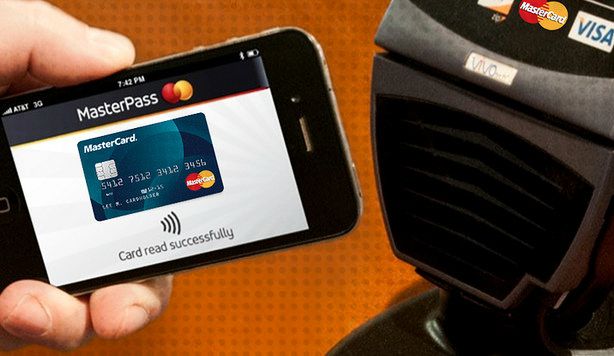Is your home network safe from hackers? You might be surprised to learn that the answer is probably not. Your router itself is probably vulnerable to malware and digital intruders.
And don’t discount the possibility of user error — do you really trust all the users on your network to keep security at the forefront of all their online activities? What about friends, family, and neighbors who might sign onto your network? Your network is only as safe as the habits of the least savvy user.
That’s why you need to secure your home network. A comprehensive security suite can protect your devices from malware, ransomware, and identity theft. A secure router or wireless gateway can protect your whole network from unauthorized access. Follow these tips to lock hackers out of your network and devices.
 Get Your Own Router
Get Your Own Router
Are you using a wireless gateway or router that your internet service provider (ISP) rents to you? If you are, that’s your first problem. An ISP-provided router may not be as secure as one you buy for yourself. The ISP may not release firmware updates as often as you might like, or they might not let you know when it’s time to turn in your rented gateway for a new one. And that’s not even getting into the cost — if you pay $10 a month to rent a gateway, you’re basically forking over the cost of a brand new gateway every year. You only need a new gateway every three or four years, so you could keep a lot of money in your pocket just by paying more upfront for your own router.
Change Your Router Admin Password
When you take your new router or wireless gateway out of the box and hook it up, you’ll need to look through the paperwork for the default login credentials that let you login to the router’s admin dashboard, which is located at its IP address. Once you’re in the router settings dashboard, you should be able to make several adjustments that will enhance your network security.
Start by changing the default username and password, or at least the password if changing the username isn’t an option. Manufacturers tend to give the same default login credentials to entire lines of products, which makes them easier to set up. But you’re expected to change that default information to protect yourself. Hackers can easily find your router’s default login credentials, often without even going to the dark web. It’s not worth running the risk of leaving your gateway or router accessible to the world, especially when it’s so easy to just change the password.
Adjust Your Wifi Protected Access Settings
Once you’re in your router’s admin dashboard, take a look at the Wifi Protected Access (WPA) settings. You should set your WPA settings to at least WPA2, but choose WPA3, the most current encryption protocol, if your router offers it. If you’re buying a new router per step one, make sure it offers WPA3.
Turn Off Remote Access
Remote access features allow an administrator to access a router’s dashboard from the internet at large, rather than only from a direct connection to the device through your home network. If you’re not going to need to access your router dashboard from outside the network, then you can turn off remote access.
You should also turn off Wifi Protected Setup (WPS), which allows you to connect devices to the network with PIN verification, or sometimes with the push of a button. You can log back in and turn this feature on if you need to connect something to the network, but you don’t need it on all the time. Same goes with Universal Plug and Play (UPnP). Hackers can sometimes exploit these remote connection features to hijack a network.
Protect Your Devices from Malware
Realistically, you’re not likely to find a couple of hooded figures crouched in a van down the street, desperately trying to winkle their way onto your residential network. That kind of thing does happen — hackers do take control of smart devices, use webcams to spy on people, and more.
But you’re far more likely to experience identity theft, ransomware, and other negative effects of cybercrime not because you were randomly targeted, but because you inadvertently allowed some malware to access your device. A comprehensive antivirus suite can protect you from malicious websites, phishing scams, suspicious apps, and more. Look for one that provides protection for all the devices in your households.
If you haven’t taken steps to secure your home network, then chances are it’s hanging wide open right now. Don’t leave your network vulnerable — protect yourself now.

Founder Dinis Guarda
IntelligentHQ Your New Business Network.
IntelligentHQ is a Business network and an expert source for finance, capital markets and intelligence for thousands of global business professionals, startups, and companies.
We exist at the point of intersection between technology, social media, finance and innovation.
IntelligentHQ leverages innovation and scale of social digital technology, analytics, news, and distribution to create an unparalleled, full digital medium and social business networks spectrum.
IntelligentHQ is working hard, to become a trusted, and indispensable source of business news and analytics, within financial services and its associated supply chains and ecosystems



























